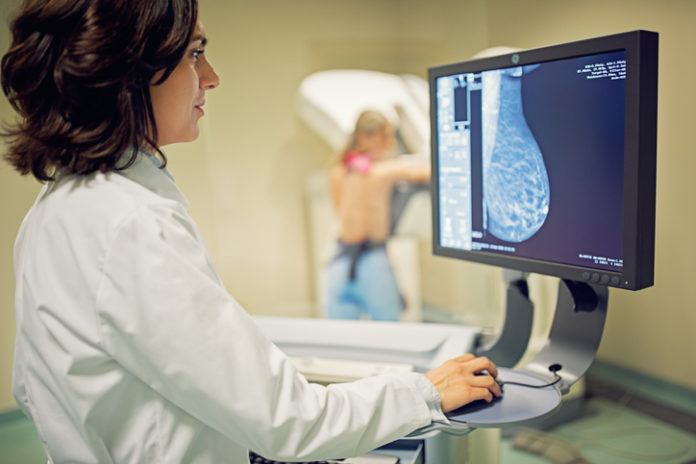A machine learning model can accurately predict unplanned medical visits among patients with diabetes, according to a study published in BMC Medical Informatics and Decision Making.
In this study, data were drawn from electronic medical records (EMRs) from adults aged 18 years or older with type 1 or type 2 diabetes who received care at least once during the three-year period. A variety of machine learning classification models were developed and tried using standard EMR variables as predictors such as age, body mass index (BMI), systolic blood pressure (BP), diastolic BP, low-density lipoprotein, high-density lipoprotein (HDL), glycohemoglobin, smoking status, number of diagnoses, and number of prescriptions.
According to the results, the best-performing model was a linear-basis support vector machine, which achieved a balanced accuracy of more than 65%. This model outperformed a conventional logistic regression by 0.4 percentage points, the researchers noted. Sensitivity analysis revealed BP and HDL as the strongest predictors, such that disrupting these variables with random noise decreased the model’s overall balanced accuracy by 1.3 and 1.4 percentage points.
The researchers wrote that these “recommendations, along with stakeholder engagement, behavioral economics strategies, and implementation science principles helped to inform the design of a clinical intervention targeting behavioral changes. Our machine-learning predictive model more accurately predicted unplanned medical visits among patients with diabetes, relative to conventional models.” researchers concluded.
Keywords: Diabetes, Machine learning, Predictive model, Unplanned medical visits









